When she heard her front door open almost two years ago, Kostiantyn Zinovkin’s mother thought her son had returned home because he forgot something. Instead, men in balaclavas burst into the apartment in Melitopol, a southern Ukrainian city occupied by Russian forces.
They said Zinovkin was detained for a minor infraction and would be released soon. They used his key to enter, said his wife, Liusiena, and searched the flat so thoroughly that they tore it apart “into molecules.”
But Zinovkin wasn’t released. Weeks after his May 2023 arrest, the Russians told his mother he was plotting a terrorist attack. He’s now standing trial on charges his family calls absurd.
Zinovkin is one of thousands of civilians in Russian captivity. Ukrainian President Volodymyr Zelenskyy insists their release, along with prisoners of war, will be an important step toward ending the 3-year-old war.
So far, it hasn’t appeared high on the agenda in U.S. talks with Moscow and Kyiv.
“While politicians discuss natural resources, possible territorial concessions, geopolitical interests and even Zelenskyy’s suit in the Oval Office, they’re not talking about people,” said Oleksandra Matviichuk, head of the Center for Civil Liberties, which won the Nobel Peace Prize in 2022.
In January, the center and other Ukrainian and Russian rights groups launched “People First,” a campaign that says any peace settlement must prioritize the release of everyone they say are captives, including Russians jailed for protesting the war, as well as Ukrainian children who were illegally deported.
“You can’t achieve sustainable peace without taking into account the human dimension,” Matviichuk told media.
It’s unknown how many Ukrainian civilians are in custody, both in occupied regions and in Russia. Ukraine’s human rights ombudsman Dmytro Lubinets in 2023 estimated over 20,000.
Matviichuk says her group received over 4,000 requests to help civilian detainees. She notes it’s against international law to detain noncombatants in war.
Oleg Orlov, co-founder of the Russian rights group Memorial, says advocates know at least 1,672 Ukrainian civilians are in Moscow’s custody.
“There’s a larger number of them that we don’t know about,” added Orlov, whose organization won the Nobel alongside Matviichuk’s group and is involved in People First.
Many are detained for months without charges and don’t know why they’re being held, Orlov said.
Russian soldiers detained Mykyta Shkriabin, then 19, in Ukraine’s Kharkiv region in March 2022. He left the basement where his family was sheltering from fighting to get supplies and never returned.
Shkriabin was detained even though he wasn’t charged with a crime, said his lawyer, Leonid Solovyov. In 2023, the authorities began referring to him as a prisoner of war, a status Solovyov seeks to contest since the student wasn’t a combatant.
Shkriabin’s mother, Tetiana, told news agencies last month she still doesn’t know where her son is held. In three years, she’s received two letters from him saying he’s doing well and that she shouldn’t worry.
She’s hoping for “a prisoner exchange, a repatriation, or something,” Shkriabina said. Without hope, “how does one hang in there?”
Others face charges that their relatives say are fabricated.
After being seized in Melitopol, Zinovkin was jailed for over two years and charged with seven offenses, including plotting a terrorist attack, assembling weapons and high treason, his wife Liusiena Zinovkina told news agencies, describing the charges as “absurd.”
While vocally pro-Ukrainian and against Russia’s occupation, her husband couldn’t plot to bomb anyone and had no weapons skills, she said.

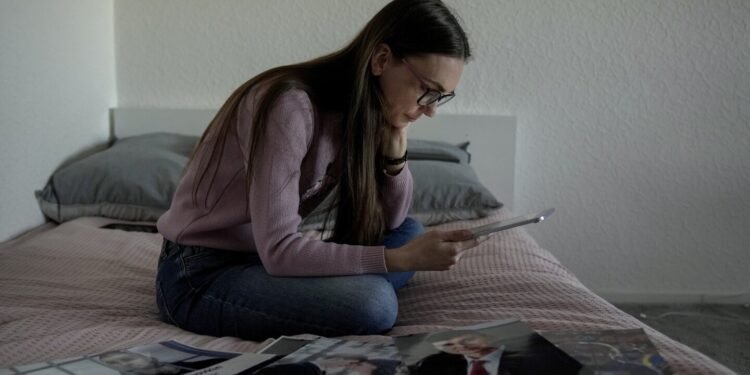
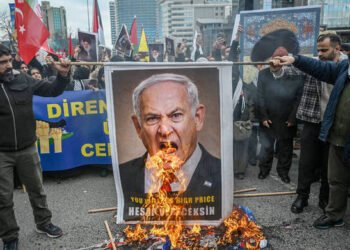
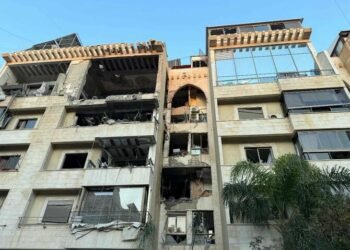
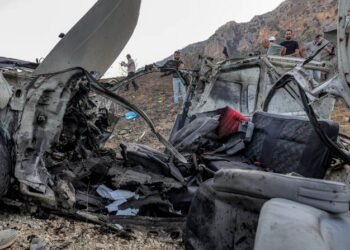
 United Arab Emirates Dirham Exchange Rate
United Arab Emirates Dirham Exchange Rate

